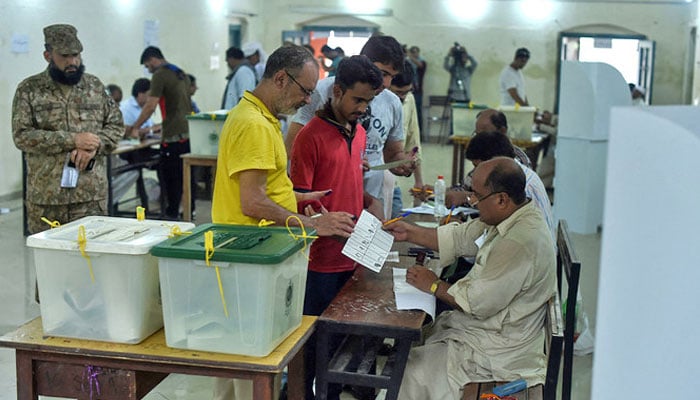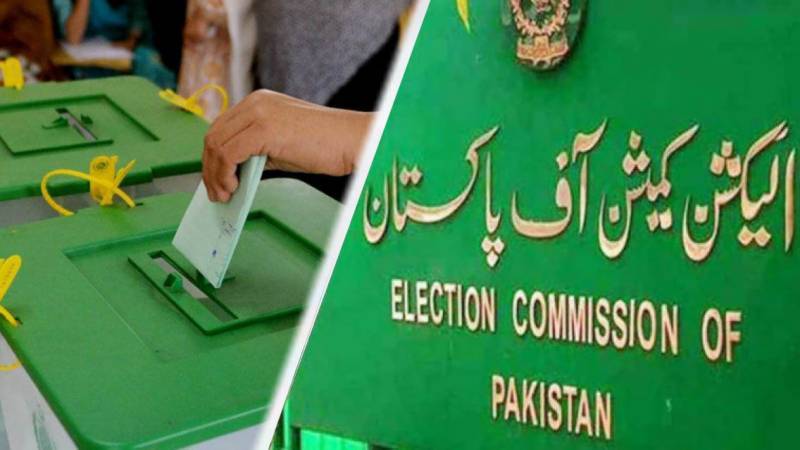Approximately 51% of the polling stations have been deemed “sensitive” by the Election Commission of Pakistan (ECP) for the upcoming general elections scheduled for February 8.
Out of the total 90,675 polling stations, the electoral authority classifies 46,065 as sensitive and 18,437 as highly sensitive. In Punjab, the largest province, 18,620 polling stations have been categorized as sensitive, including 12,580 sensitive and 6,040 highly sensitive stations. Meanwhile, 32,324 out of 50,944 polling stations in Punjab have been declared as normal.
In Sindh, 5,937 out of 19,006 polling stations are categorized as normal, with 6,545 sensitive and 6,524 highly sensitive stations in the province. In Khyber Pakhtunkhwa, there are 10,309 sensitive and highly sensitive polling stations, including 6,166 sensitive and 4,143 highly sensitive ones, out of a total of 15,697 polling stations. Balochistan faces a concerning situation with 4,067 out of 5,028 polling stations being declared sensitive or highly sensitive, leaving only 961 as normal.

The final polling scheme issued by the ECP for the February 8 elections outlines a total of 90,675 polling stations with 276,402 polling booths across the country for over 128 million voters. A senior official admitted that there are over 150,000 fewer polling booths than required under the law, posing challenges in accommodating voters, especially in case of high turnout.
Despite a legal deadline of 15 days, the ECP missed the self-imposed timeframe for publishing the final list of polling stations, as required by Section 59(6) of the Elections Act, 2017.
In an interesting development, the ECP announced that, unlike the 2018 general elections, Army troops deployed for poll-related security duties will stay outside the polling stations during the electoral exercise. This decision marks a departure from the previous practice of having military personnel inside polling stations during elections.


